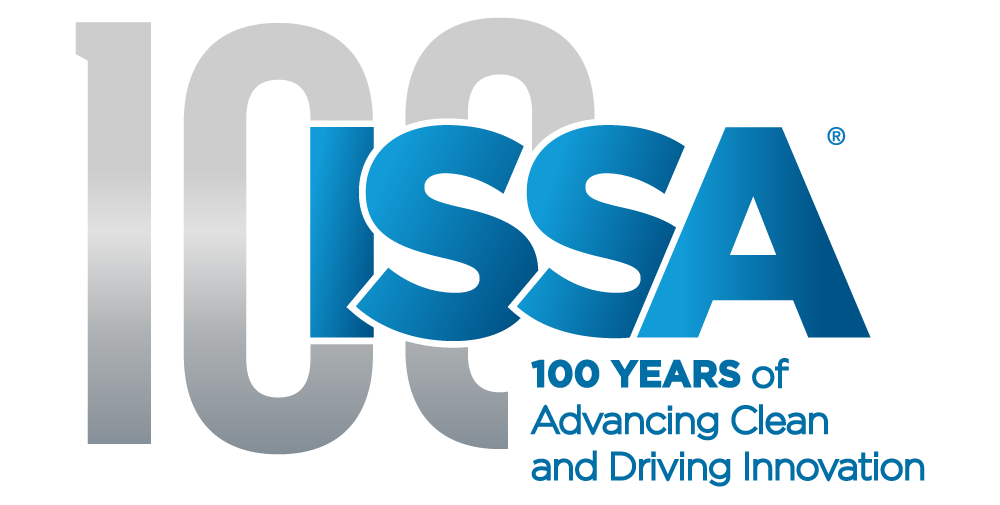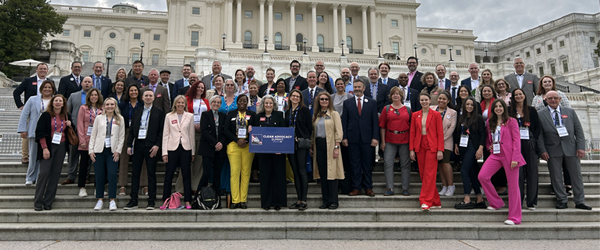ISSA LARU – Deadline to Register for ISSA’s Clean Advocacy Summit Approaching!
Welcome to the latest ISSA Legislative & Regulatory Update (LARU), a biweekly roundup of the latest public-policy issues impacting the full spectrum of the cleaning industry. This update touches on the fast-approaching registration cut-off date for the 2022 ISSA Clean Advocacy Summit, ISSA updating its “Summary of State and Federal Volatile Organic Compound (VOC) Limits for Institutional and Consumer Products,” new U.S. Centers for Disease Control and Prevention (CDC) guidelines easing mask requirements, and more.
ISSA Advocacy
Time Is Running Out – Register Now for the 2022 ISSA Clean Advocacy Summit
Register now for the 2022 ISSA Clean Advocacy—IOPFDA Workplace Solutions Summit, March 30-31, in Washington, DC, as part of National Cleaning Week. During this two-day event, participants will get up to speed on the pressing public-policy issues for the full cleaning supply chain and sharpen their advocacy acumen. Participants will then apply their new knowledge and skills by meeting with lawmakers and other Washington insiders to advance the industry. The registration cut-off date is March 23 for this premier ISSA advocacy event. Reserve your seat today!
ISSA Updates Summary of VOC Limits
ISSA updated its popular resource, “Summary of State and Federal VOC Limits for Institutional and Consumer Products,” which is now freely available to ISSA members. This complimentary resource summarizes the volatile organic compound (VOC) limits that are placed on certain household and commercial cleaning and ancillary product categories by the federal, state, and local governments.
New CDC Guidelines Ease Masking Requirements
New COVID-19 safety guidelines issued by the U.S. Centers for Disease Control and Prevention (CDC) loosened recommendations for when and where Americans should wear masks to prevent the spread of coronavirus, allowing most people to go without them in public indoor spaces.
Legislative
Biden Signs Stopgap Funding Measure into Law
U.S. President Joe Biden signed into law the stopgap funding measure that was passed by the Senate on February 17, averting a government shutdown for now, CNN reported. The funding for the federal government was set to expire on February 18. The bill that was signed into law will extend funding until March 11. The U.S. House of Representatives voted on a bipartisan basis to approve the measure, known as a continuing resolution. The bill passed in the Senate by a vote of 65 to 27.
Senate Confirms Califf to Lead FDA
The U.S. Senate voted to confirm Dr. Robert Califf as Commissioner of the U.S. Food and Drug Administration (FDA), according to Reuters. Califf is a cardiologist and researcher who has taken the helm at the FDA for a second time, 13 months after the agency last had a permanent leader.
Regulatory
NLRB Considering New Independent Contractor Test
The U.S. National Labor Relations Board is reconsidering the issue of when a worker counts as an employee or independent contractor–a distinction that affects whether federal labor laws apply, Bloomberg Law reported.
Three States Sue over Federal Contractor Minimum Wage Increase
Attorneys general in three states filed a federal lawsuit challenging U.S. President Joe Biden’s move to raise the minimum wage for federal contractors to US$15 an hour, according to CNN. The case–filed on behalf of Texas, Louisiana, and Mississippi–argues that Biden did not have the authority to issue the policy.
DOL Initiative to ‘Safeguard Rights, Ensure Protections’ for Workers in Warehouse, Logistics Industries
The U.S. Department of Labor’s Wage and Hour Division announced a Warehouse and Logistics Worker initiative designed to help ensure that workers in these industries, including delivery drivers, truck drivers, and others, are “paid all their legally earned wages, including minimum and overtime; safe from workplace harassment and retaliation when they claim their rights; and not prevented from taking time off from work under the Family and Medical Leave Act.”
U.S. Presents Plan to Ease Supply-Chain Squeeze
The Biden administration announced several new actions that are intended to ease supply-chain disruptions that have plagued the economy during the coronavirus pandemic, BNN Bloomberg reported. The moves by the White House and several cabinet departments would aid domestic manufacturers in order to reduce the U.S. reliance on foreign imports in the coming years, though senior administration officials cautioned that Congress must enact more sweeping changes.
State News
COVID-19 Major Comp Theme in State Legislatures
“COVID-19 presumption legislation continues to be a hot topic for workers’ compensation,” said Laura Kersey, Executive Director, Regulatory and Legislative Analysis, for the Boca Raton, Florida-based National Council on Compensation Insurance. “Several states that enacted COVID-19 workers’ compensation presumption legislation in 2020 and 2021 are considering legislation to extend those presumptions to a later date and/or expand those presumptions to additional workers,” Business Insurance reported.
California Lawmakers Introduce Employer Vaccine Mandate Bill
California lawmakers are considering a bill that would require both public and private employers to enforce a vaccine mandate for employees, according to Business Insurance. If passed, the mandate would go into effect on January 1, 2023, and would be repealed “when the federal Centers for Disease Control and Prevention’s Advisory Committee on Immunization Practices determines that COVID-19 vaccinations are no longer necessary for the health and safety of individuals.”
Petition for $18 Minimum Wage Gaining Signatures in California
A measure to raise California’s minimum hourly wage to $18 began to collect signatures in February, CNBC reported. If the campaign, called the Living Wage Act of 2022, receives 700,000 signatures, it will appear on California’s November ballot.
















